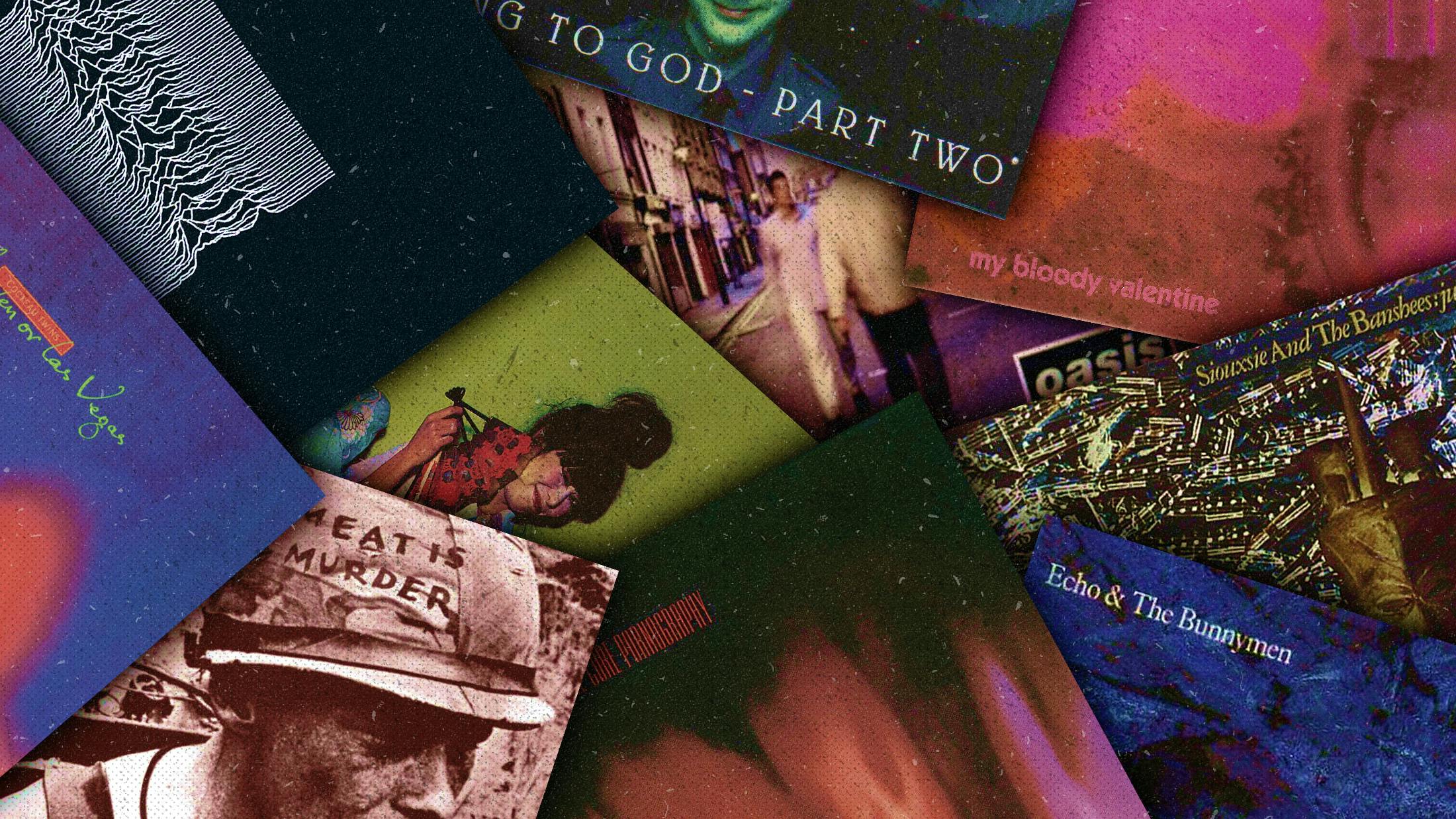For a genre with a reputation for being insular and keeping itself to itself, metal has taken fascinating cues from a raft of other genres over the years. To answer the question of how it’s been influenced by indie music, however, one must start with a piece of housekeeping to establish what constitutes indie, a tag that’s evolved over the years. It originally referred to music released via independent record labels, but over time has become a rather vague description for any guitar-based music not ‘hard’ enough to be rock or metal, or used interchangeably with terms like alternative rock or guitar pop. Whichever definition you prefer, to avoid confusion this list is made up of 10 records, in chronological order, that meet one or both pieces of criteria, with the overriding thing they have in common being their influence on metal, musically, stylistically, or attitudinally…
